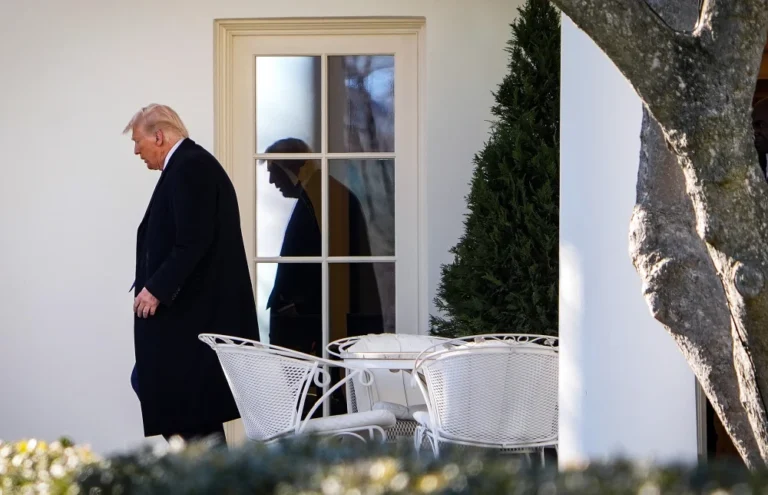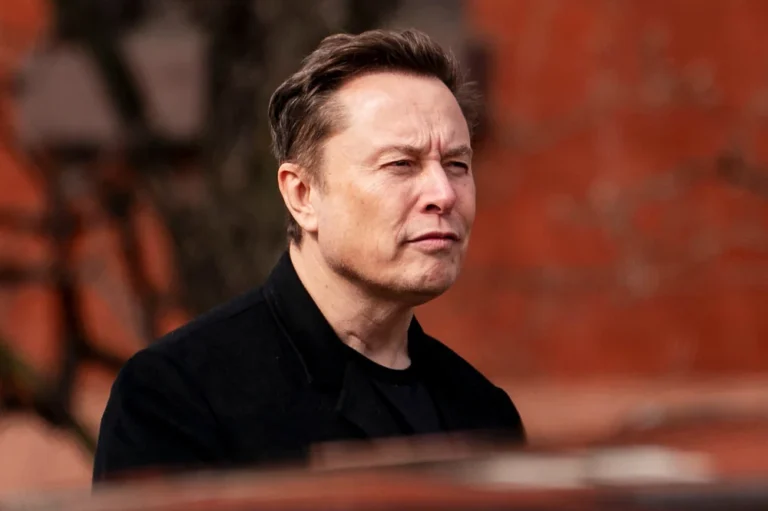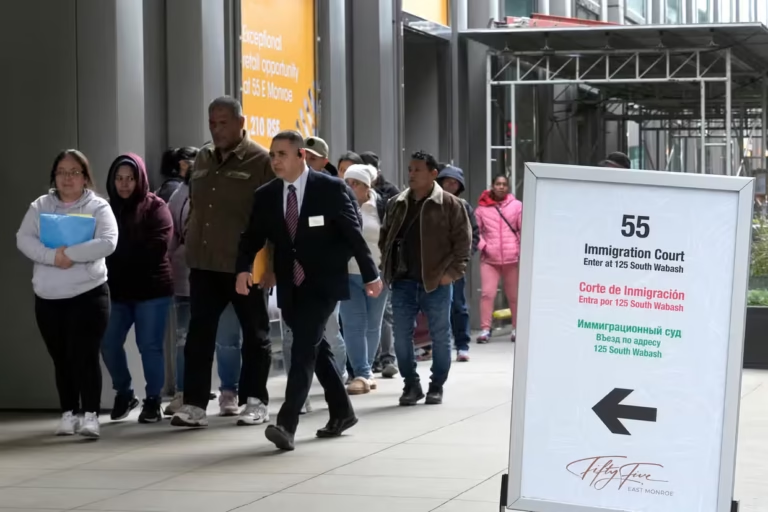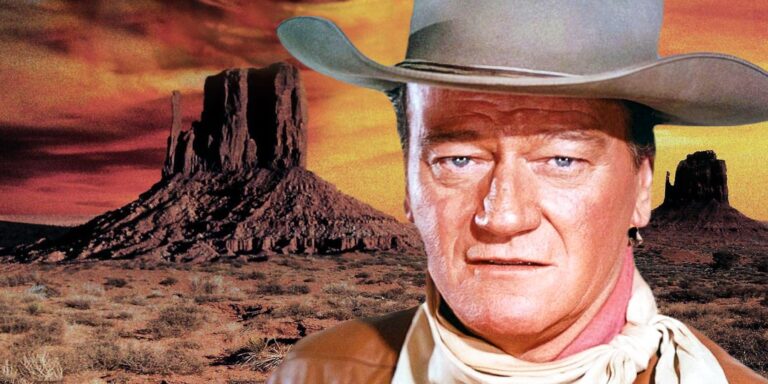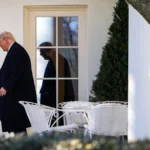Secretary of State Marco Rubio, national security adviser Mike Waltz and Middle East special envoy Steve Witkoff plan to head to Saudi Arabia to initiate negotiations toward peace between Russia and Ukraine, two sources familiar with the matter told NBC News.
Witkoff told Fox News’ “Sunday Morning Futures” that he is traveling to Saudi Arabia with Waltz on Sunday night.
President Donald Trump said he spoke by phone Wednesday with Russian President Vladimir Putin and Ukrainian President Volodymyr Zelenskyy about the prospect of beginning negotiations to end the war.
“We agreed to work together, very closely, including visiting each other’s Nations,” Trump wrote Wednesday on Truth Social after the call. “We have also agreed to have our respective teams start negotiations immediately.”
Senior Trump administration officials, including Vice President JD Vance, Rubio and the U.S. special envoy to Ukraine, Keith Kellogg, have been huddling in Germany this weekend for the Munich Security Conference, a forum for international security policy where the Russia-Ukraine war remains a critical topic of discussion.
Rubio spoke by phone with Russian Foreign Affairs Minister Sergey Lavrov on Saturday. Their discussion included the war in Ukraine and other topics, according to readouts of the call from both countries.
In a speech at the security conference Saturday, Zelenskyy said Ukraine must be involved with any negotiations to end the war.
“Ukraine will never accept deals made behind our backs,” he said. “No decisions about Ukraine without Ukraine, no decisions about Europe without Europe.”
Rubio said in an interview Sunday on CBS News’ “Face the Nation” that “the Europeans will have to be involved” in negotiations about the end of the war in Ukraine.”If it’s real negotiations, and we’re not there yet, but if that were to happen, Ukraine will have to be involved because they’re the one that were invaded, and the Europeans will have to be involved because they’re the — they have sanctions on Putin and Russia as well, and they’ve contributed to this effort,” Rubio said.
During a panel discussion Saturday on the sidelines of the conference, Kellogg said that “of course” Ukrainians would be at the table in discussions to end the war. However, he said “the answer is no” when he was asked whether he could assure Europeans that they, too, would have a seat at the table.
“When you sit at the table, there’s really, there’s two protagonists when you look at it, and there’s one, hopefully it’ll be an intermediary,” Kellogg added. When the moderator asked for clarification, he indicated that Ukrainians, Russians and Americans would be “at the table talking.”
He later said a group’s not being at the table “doesn’t mean the interests are not taking a part of, they’re not considered, they’re not used, they’re not developed.”
An aide close to Zelenskyy said that as of Saturday evening, Ukraine has still not been invited to the peace talks between the United States and Russia in Saudi Arabia.
“It is dangerous to speak with enemies before you speak with allies,” the aide added. “Ukraine’s position remains unchanged: We need to have a joint position of Ukraine, the U.S. and Europe before any negotiations with Putin.”
Two U.S. officials confirmed that Ukraine was not invited to the talks in Saudi Arabia but said the intention is for the United States to host a bilaterial meeting with Russia, then a bilateral meeting with Ukraine and then talks together.
“All to say we are working with both [Russia and Ukraine] with the same weight,” one of the officials said. “We want to end the killing and get headed to lasting peace.”
Kellogg on Saturday defended the prospect of engaging with Putin to achieve peace between Russia and Ukraine, saying in Munich, “Whether you like it or not, you have to talk to adversaries.”
“As a great secretary of defense, Gen. Mattis, once said: I may not like this son of a b—-, but I got to talk to him,” he added.
Kellogg also said Western leaders need to do more to enforce sanctions against Russia, adding that negotiations about ending the war could focus on Russia’s willingness to cede territory and targeting Putin’s oil revenue.
But some members of the administration have seemed reluctant in recent days to specify any particular concessions from Russia ahead of potential negotiations.
Asked Thursday what Russia should give up to reach a deal with Ukraine, Trump declined to name specifics.
“As far as the negotiation, it’s too early to say what’s going to happen. Maybe Russia will give up a lot, maybe they won’t, and it’s all dependent on what is going to happen,” he said at a news conference alongside Indian Prime Minister Narendra Modi.
Defense Secretary Pete Hegseth, who has signaled the United States would be opposed to Ukraine’s joining NATO as part of a negotiated peace, indicated that the United States is likely to support negotiations in which Ukraine cedes territory that the Kremlin has already seized.
“We want, like you, a sovereign and prosperous Ukraine. But we must start by recognizing that returning to Ukraine’s pre-2014 borders is an unrealistic objective,” Hegseth said in a speech during a trip to NATO’s headquarters in Brussels on Wednesday.





